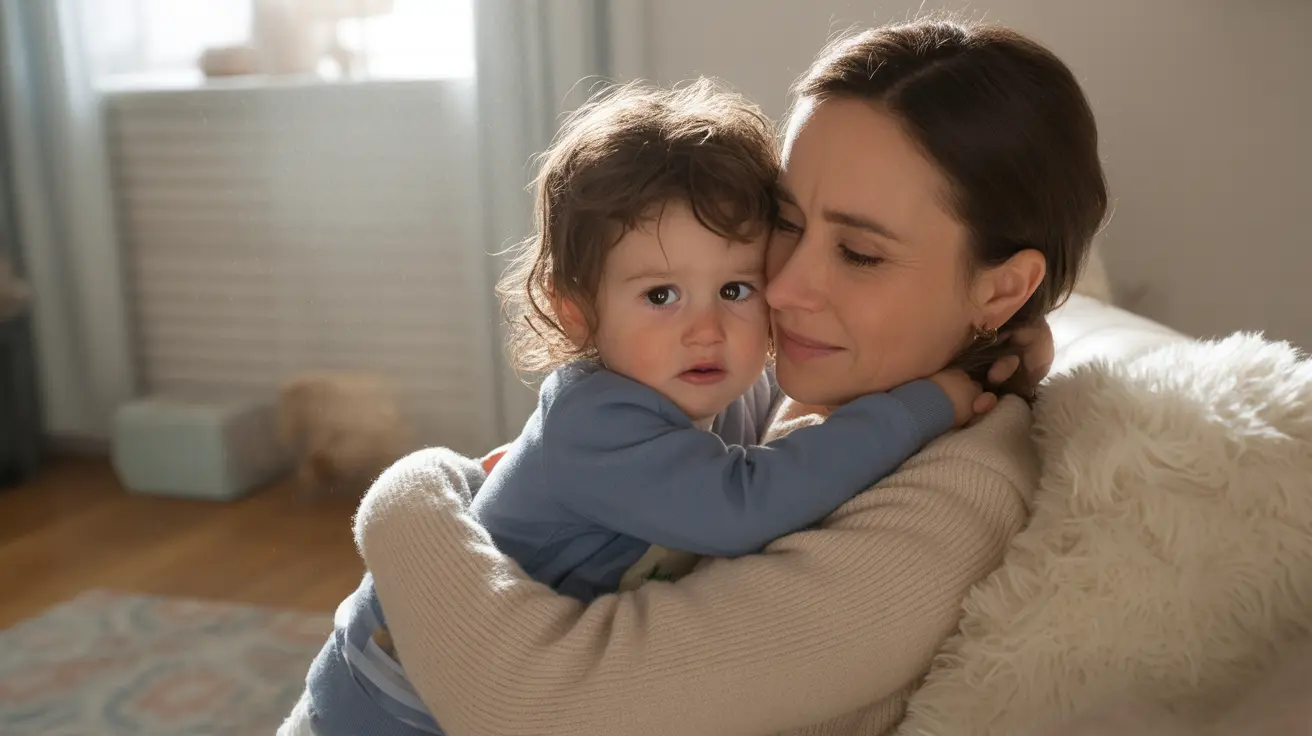As a parent, few things are more distressing than when your 1-year-old cries for what seems like no reason. While this behavior is often normal for toddlers this age, understanding the potential causes and knowing how to respond can help both you and your child navigate these challenging moments more effectively.
In this comprehensive guide, we'll explore the various reasons behind unexplained crying in one-year-olds, learn effective ways to offer comfort, and identify when professional medical attention might be necessary.
Common Reasons Behind Unexplained Crying
When your 1-year-old seems to cry without obvious cause, several factors might be at play:
Emotional Development
At one year old, children are experiencing significant emotional growth but lack the verbal skills to express their feelings. This disconnect often results in crying as their primary form of communication.
Physical Discomfort
Your toddler might be experiencing:
- Teething pain
- Minor physical discomfort
- Digestive issues
- Temperature sensitivity
- Early stages of illness
Environmental Factors
Sometimes the environment can trigger crying:
- Overstimulation from noise or activities
- Changes in routine
- Unfamiliar surroundings
- Separation anxiety
- New people or situations
Effective Comforting Techniques
Immediate Response Strategies
When your 1-year-old starts crying unexpectedly, try these approaches:
- Offer gentle physical comfort through hugging or holding
- Speak in a calm, soothing voice
- Create a quiet, peaceful environment
- Check for immediate physical needs
- Maintain a consistent presence
Creating a Supportive Environment
Establish routines and environments that help prevent unexplained crying:
- Maintain regular feeding and napping schedules
- Create a calm, predictable home atmosphere
- Limit overwhelming situations
- Ensure adequate physical activity during the day
When to Seek Medical Help
While occasional unexplained crying is normal, certain signs warrant professional attention:
- Crying that seems painful or unusual
- Significant changes in crying patterns
- Signs of physical illness or injury
- Crying accompanied by fever or other symptoms
- Extreme irritability that persists for extended periods
Frequently Asked Questions
Why does my 1-year-old cry for no apparent reason?
One-year-olds often cry due to their limited ability to communicate needs and emotions verbally. They might be experiencing physical discomfort, emotional challenges, or responding to environmental changes that aren't immediately obvious to parents.
How can I comfort a one-year-old who cries without an obvious cause?
Provide consistent comfort through gentle physical contact, maintain a calm presence, check for basic needs, and create a peaceful environment. Sometimes simply being present and patient while offering reassurance is the most effective approach.
What are common causes of crying in a 1-year-old besides hunger or tiredness?
Common causes include teething pain, overstimulation, separation anxiety, emotional development challenges, minor physical discomfort, and changes in routine or environment.
When should I be concerned about my one-year-old crying and see a doctor?
Consult a healthcare provider if crying seems painful, is accompanied by fever or other symptoms, shows significant changes in pattern or intensity, or if your child appears unusually irritable for extended periods.
How can I prevent or reduce crying and tantrums in a one-year-old?
Maintain consistent routines, create a calm environment, ensure adequate rest and physical activity, anticipate and address needs before they escalate, and provide plenty of positive attention and emotional support throughout the day.




